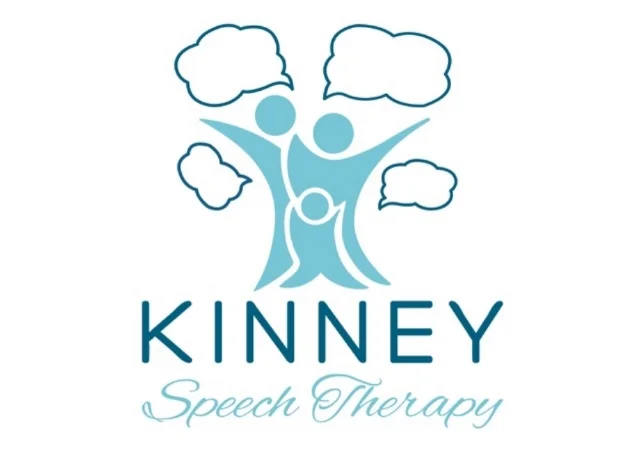Evaluation & Treatment

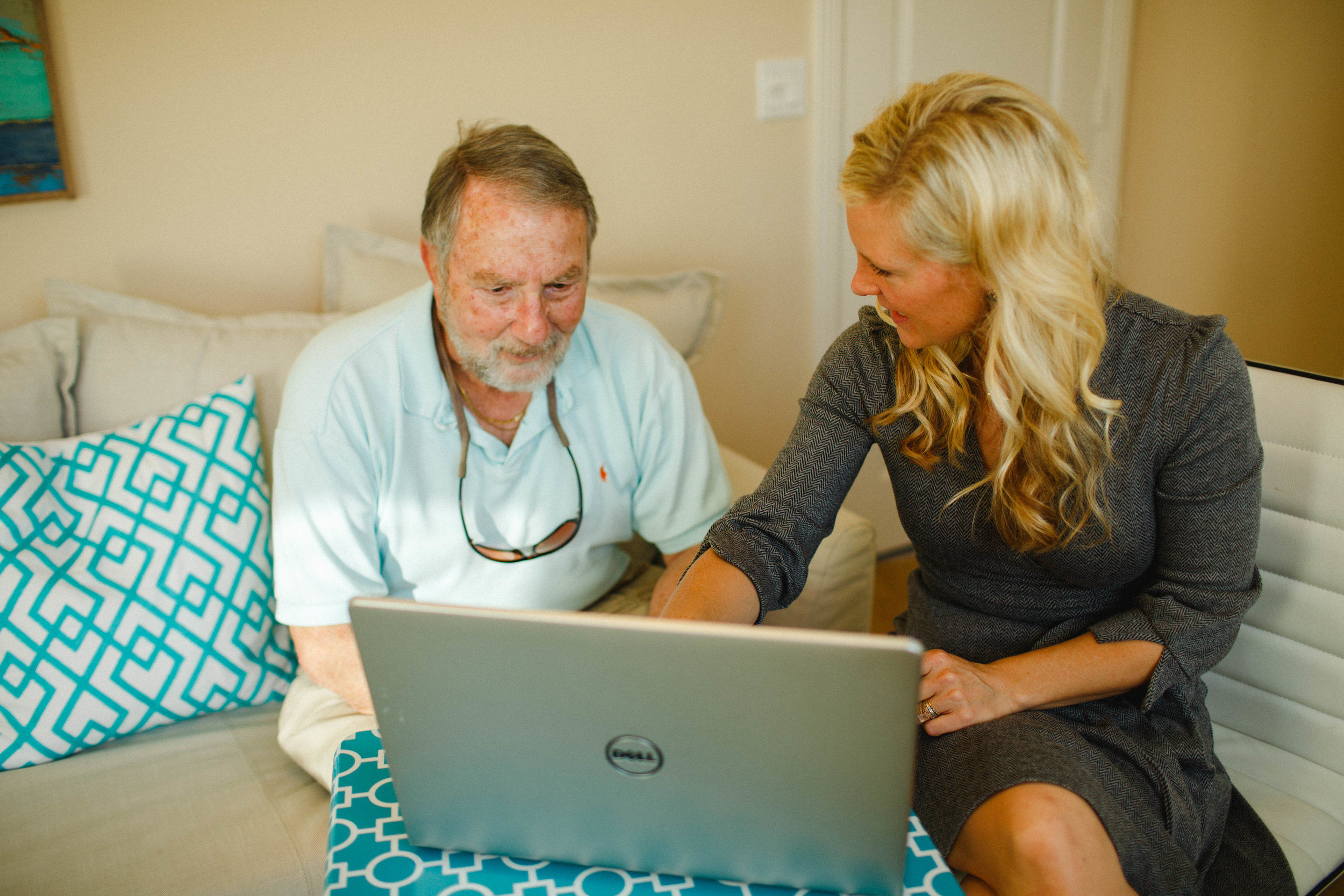
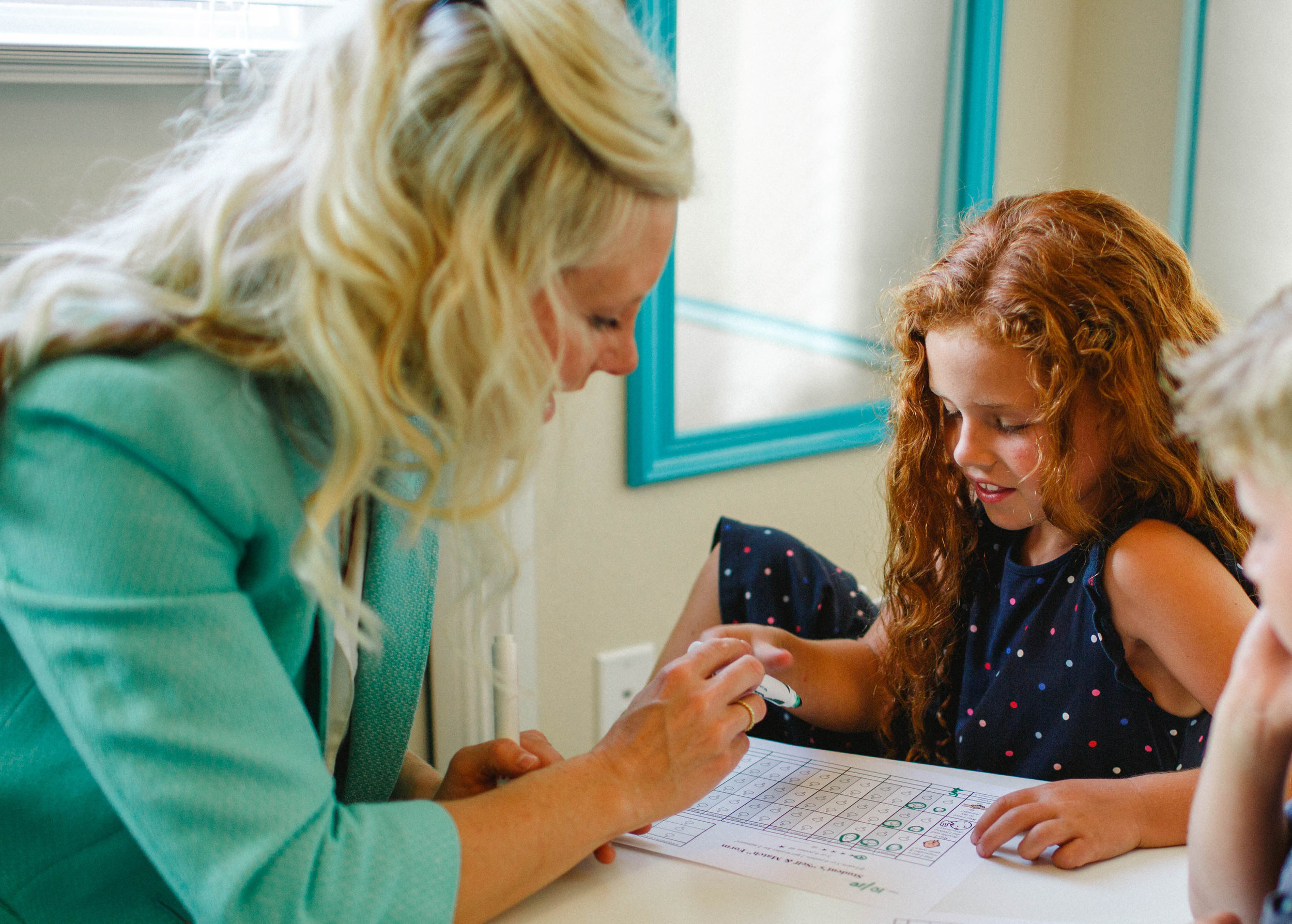


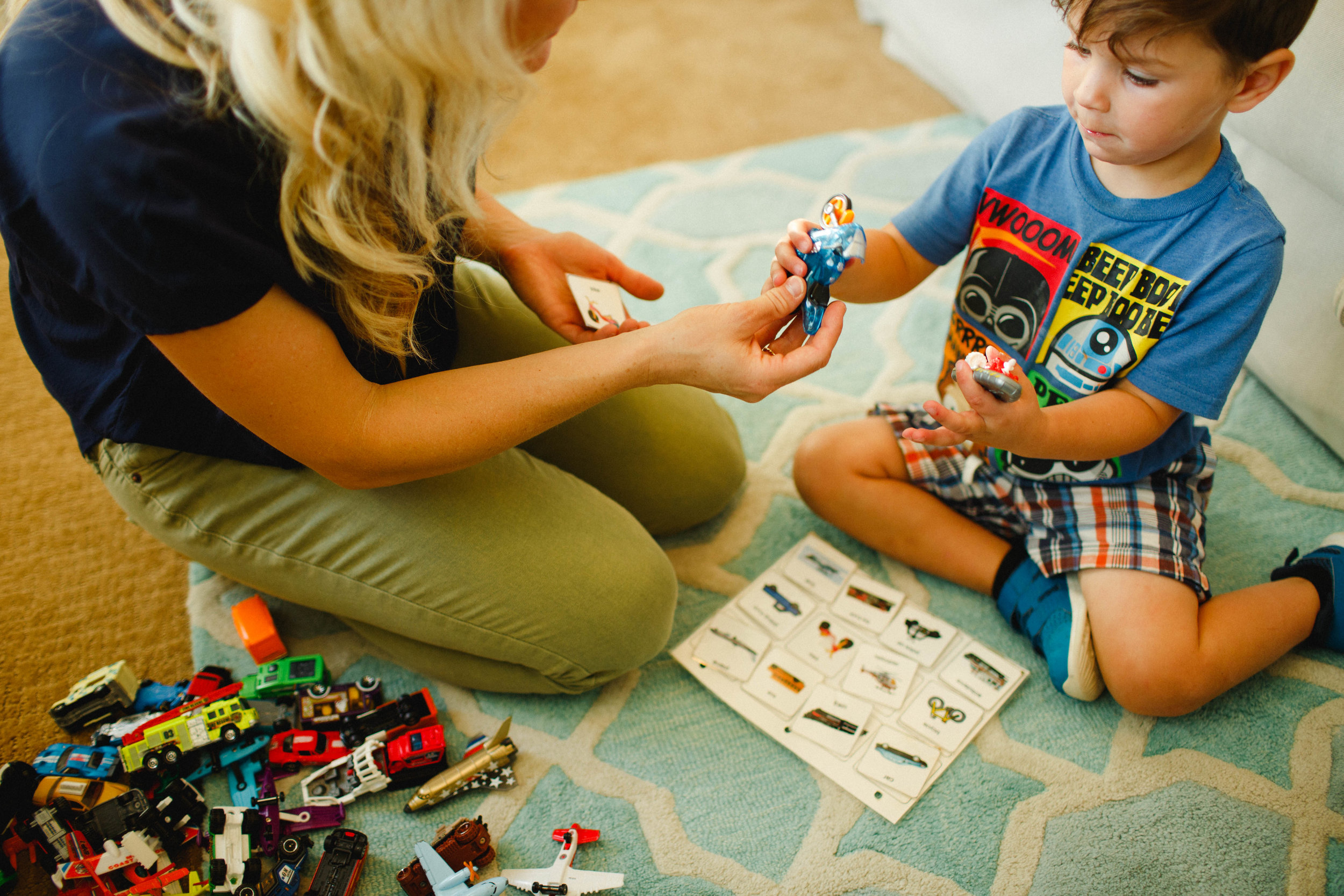
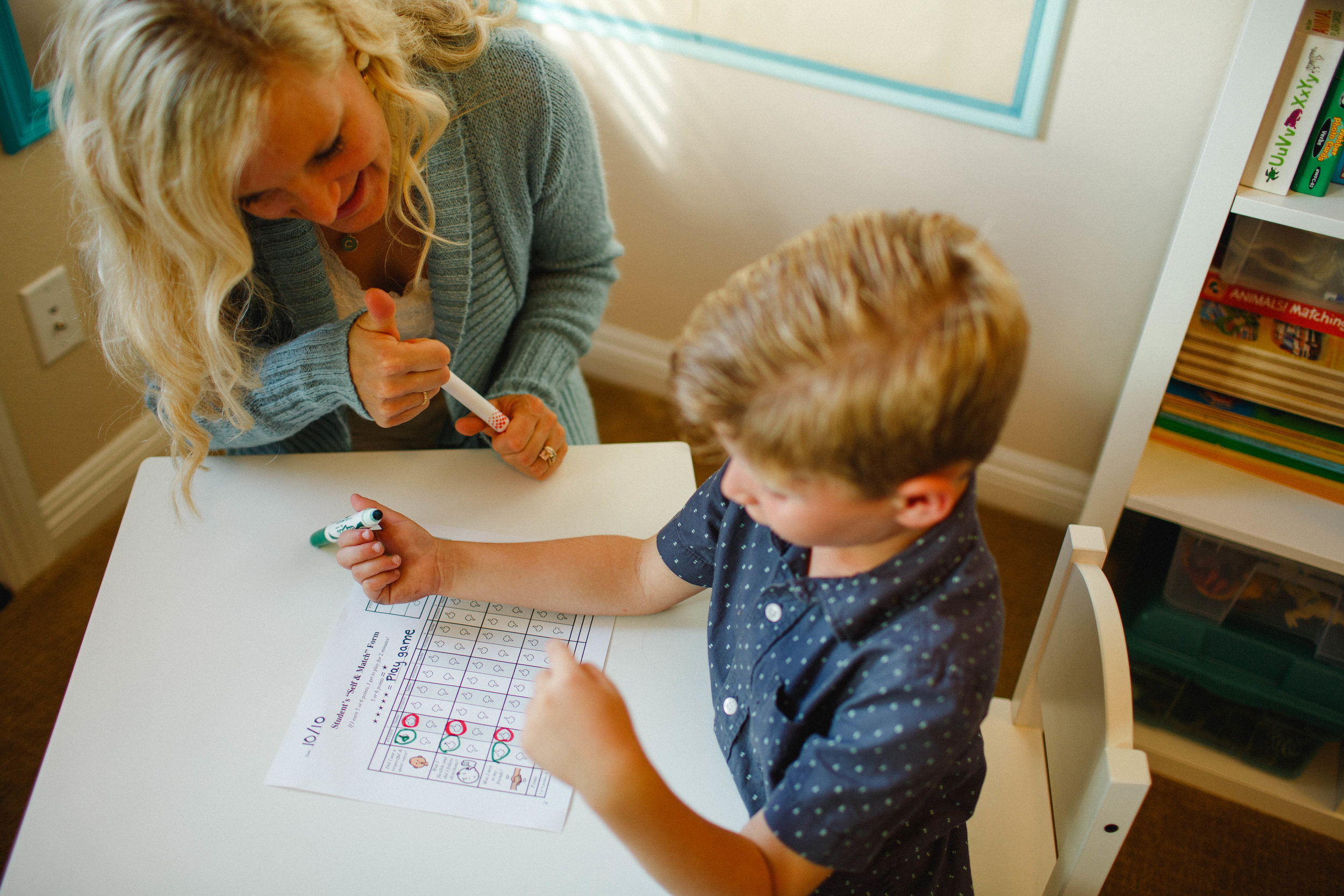
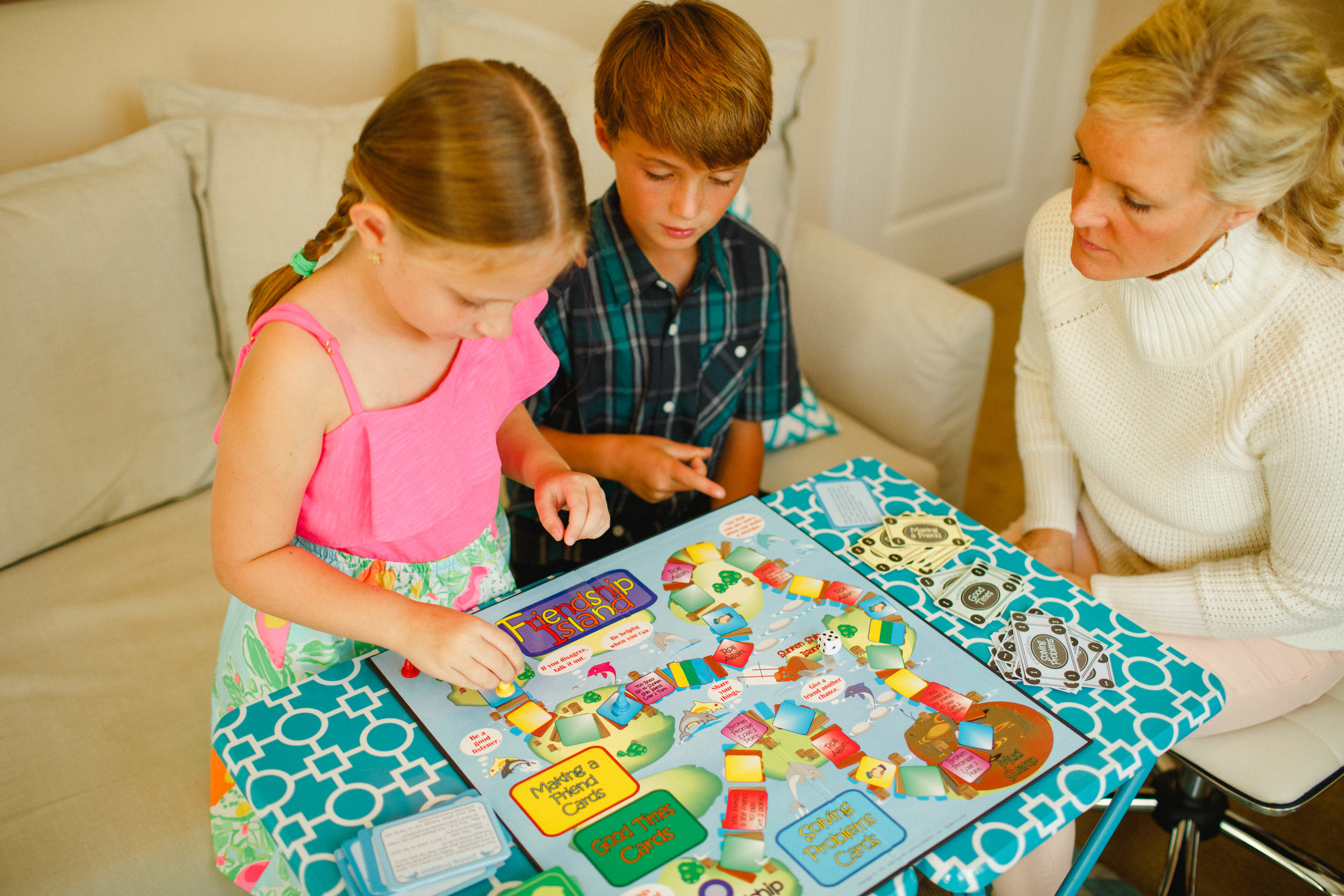
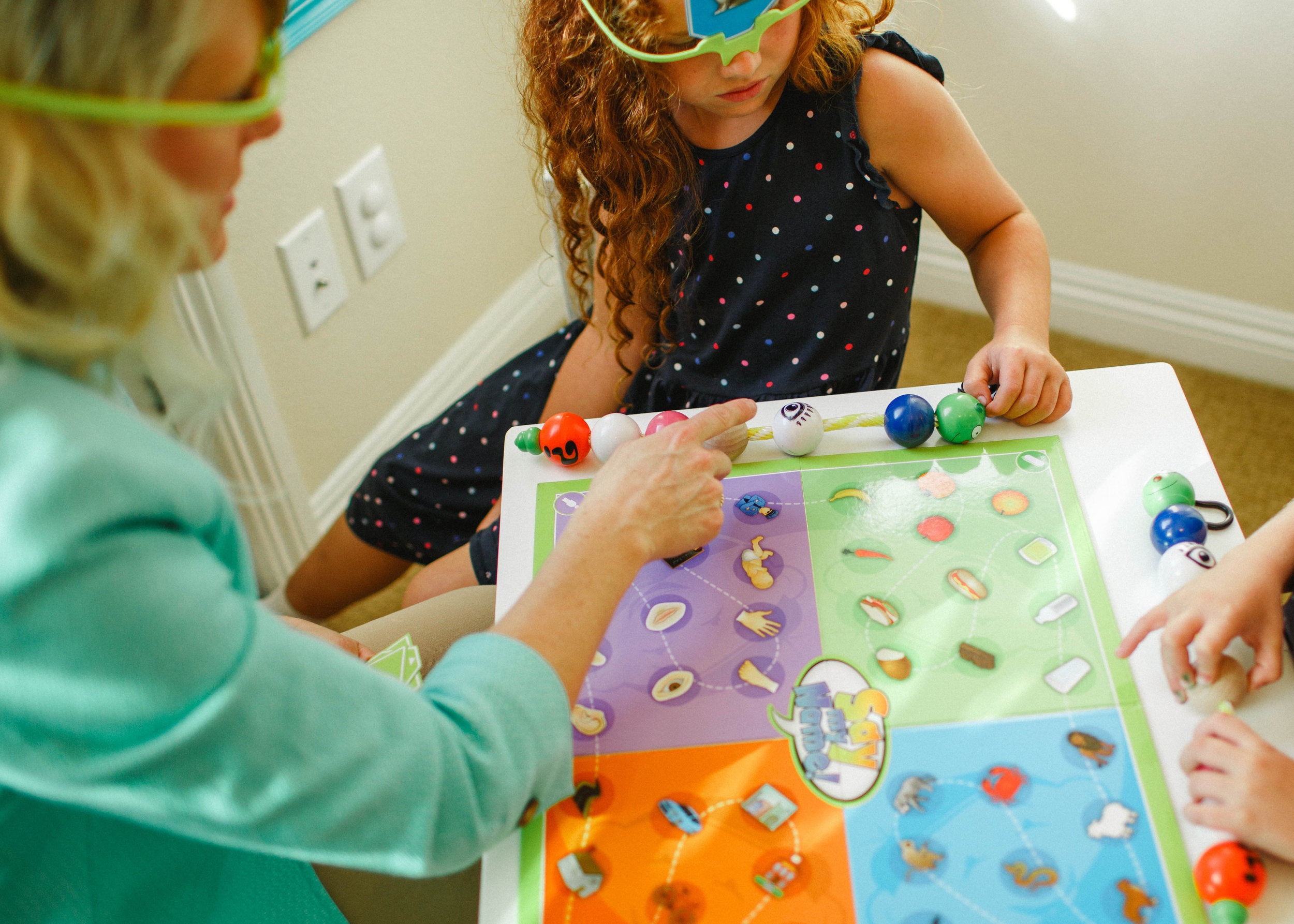
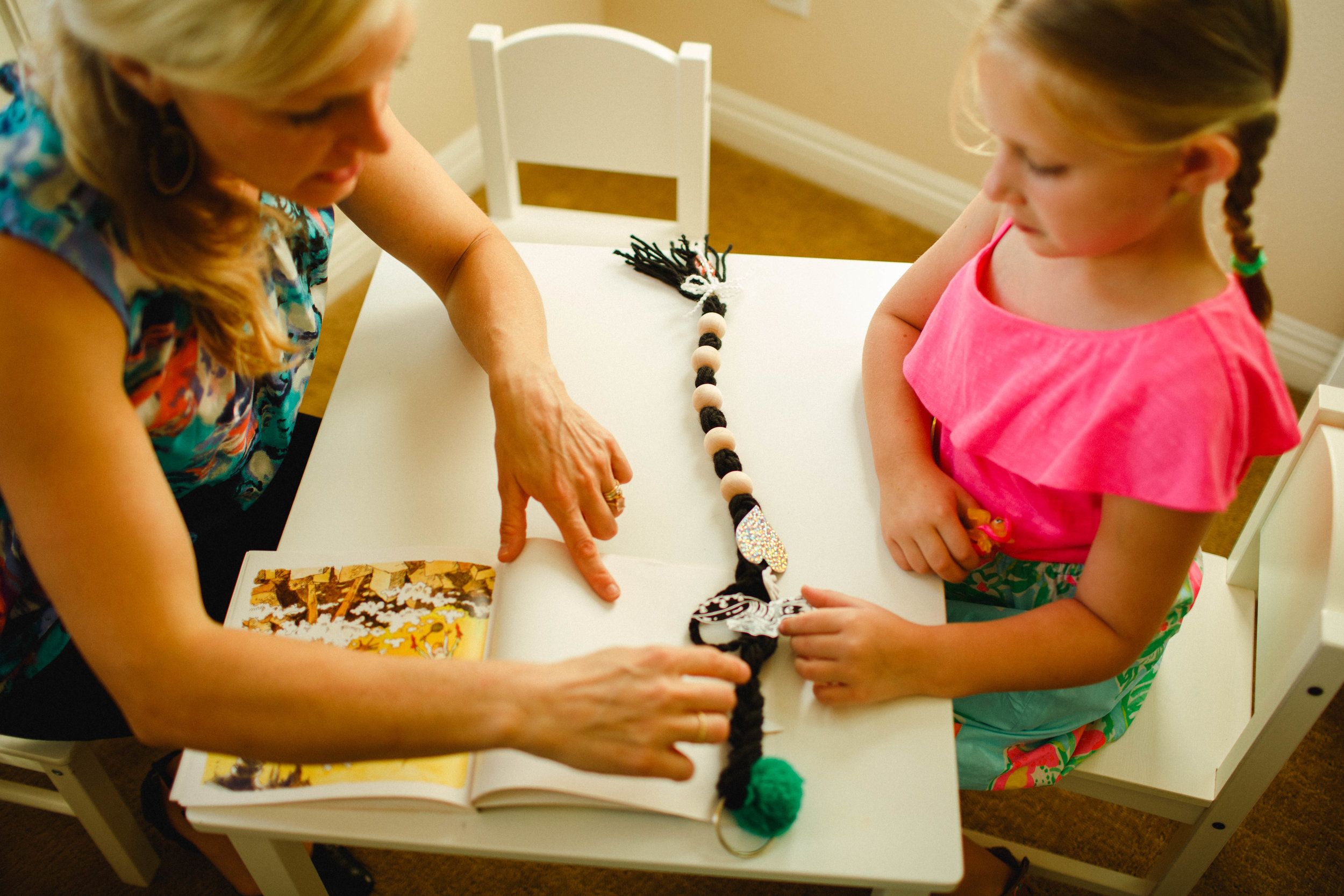
Evaluation:
- For each evaluation, an individualized assessment plan will be developed to probe suspected deficits
- A combination of standardized testing and informal assessment measures will be used to appropriately evaluate communication skills and create a profile of strengths and needs
- Client will be provided with a comprehensive evaluation report, which will be used to develop specific communication goals and a treatment plan
Treatment:
- A personalized treatment plan will be developed based on the results of the comprehensive assessment and in collaboration with the client and their family/caregiver
- Short and long-term goals will be developed to address each area of unique need to improve total communication functioning
- Goals will be specific, measurable, attainable, and related to overall communicative functioning and academic success (when applicable)
- Service recommendations will be based on the goals, with the number of goals and different areas of need driving the recommendation of service frequency and duration
- Evidence-based intervention methods will be chosen to treat specific goals
- After each session, client will be given home program activities and exercises to reinforce new skills and for maintenance and generalization of gains
A comprehensive progress report with data on all goals will be provided every 3 months
Evaluation and therapeutic treatment can be provided in the following communication areas:
Speech Production
- Articulation- correct production of speech sounds including place, manner and voicing
- Phonology- phonological processes/simplification error patterns
- Oral Motor Functioning and Planning (may include tongue thrust or Apraxia of speech)
- Voice- quality, volume, prosody, and resonance
- Fluency- stuttering and cluttering
Language Comprehension
- Auditory Comprehension
- Auditory Processing of Language
- Following Directions
- Receptive Vocabulary
Expressive Language
- Expressive Vocabulary/Semantics
- Grammar/Syntax and Sentence Construction
- Morphology
- Figurative Language
Cognitive Linguistic Functioning
- Attention and Memory
- Executive Functioning Skills
Pragmatic Language and Social Skills
- Non-verbal communication (such as gestures, eye-gaze, expressions, body language)
- Engagement and Reciprocal Interaction
- Theory of Mind and Perspective
- Social Language Use
- Functional Social Skills
- Interpretation and Social Judgment
Related Skills
- Phonological Processing
- Hyperlexia
Consultation & Collaboration
Consultation provided to parents and caregivers, including review of evaluations, communication goals, and IEPs
Collaboration with related professionals to improve outcomes
Trans-disciplinary partnership with School Psychologists, Teachers, Occupational Therapists, Resource Specialists and Advocates
Training and/or suggestions for implementing specific strategies in other environments to improve generalization of skills
Workshops & In-Services
Parent/Caregiver Workshops
- Introduction to Signing with Baby
- Provides an introduction to baby signs, including review of the research, explanation of when to introduce sign language, how to teach signs to improve communication, and quick reference resources (children's board book and handouts)
- Next Workshop is scheduled for: September 28th, 6:30-7:30 PM
- Facilitating Communication Growth Through Play
- Workshop covering practical tips for improving interactions and how to foster communication and teach speech and language skills at home, including practical activities and resources (handouts and a easy reference "cheat sheet", as well as an award winning children's book and language activities to go with it)
- Introduction to the IEP Process
- Information session that helps parents navigate the IEP process, including an explanation of parents' rights, explanation of IEP timelines, explanation of terminology and common abbreviation, suggestions and tips to help parents prepare for IEPs
In-Services for Professionals
- Facilitating Speech, Language and Social Skills in the Classroom
- Language Development: Milestones and Red Flags
